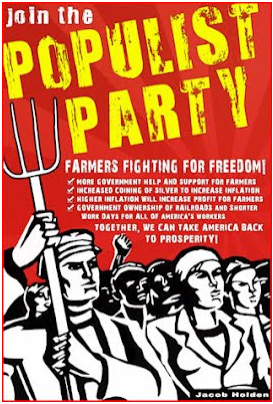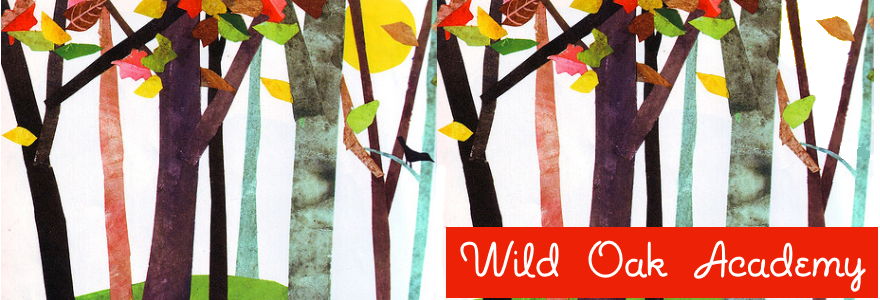Ch. 26: The Great West and the Agricultural Revolution

Resources
- Chapter 26 .PDF
- Lecture Notes: Currency and the Populist Party (.doc)
- Talking Points: Native American Cultures in Crisis (.doc)
- Talking Points: The Settlement of the West (.doc)
- Talking Points: Conquest of the West (.doc)
- Chapter 26 Outline
Watch "America: The Story of US" Episode 6: Heartland (Teacher's Guide)
Readings
- "The Life of an Idea: The Significance of Fredrick Turner Jackson's Frontier Thesis" by Martin Ridge, Montana: The Magazine of Western History, Vol. 41 No. 1 (Winter, 1991)
- Introduction from The Legacy of Conquest: The Unbroken Past of the American West by Patricia Limerick
- "The Frontier as a Place of Conquest and Conflict" by Patricia Limerick
- Read "On the White Men" and answer question(s). (1900s)
The End of the Trail (p. 596)
-
Listen to podcast "The Real All Americans" (37:43 min.)
-
Listen to podcast "American Indian Boarding Schools Haunt Many" (7:45 min.)
-
Read "On the Use of English in Indian Schools" and answer question(s). (1887)
-
Watch "How Hollywood Stereotypes the Native Americans" (5:22 min.)
- Watch Project XX: End of the Trail (52 min.)
Beef Bonanzas and the Long Drive (p. 601)
-
Read "The Log of a Cowboy" and answer question(s). (1903)
The Farmers Frontier (p. 602)
-
Read "Letters of a Woman Homesteader" and answer question(s). (1913)
If time permits, have students read the essay "Broken Heartland: The Looming Collapse of Agriculture on the Great Plains" by Wil S. Hylton, from the July 2012 issue of Harper's magazine, and/or "The Great Plains: From Dust to Dust" by Frank and Deborah Popper - great fodder for discussion!
- Read "Wall Street Owns the Country" - a speech by Mary E. Lease. (1890)
- Listen to "The Farmer is the Man" by Pete Seeger (1890-6). "The most famous and most lasting of the songs inspired by the Populist movement is 'The Farmer is the Man.' Its lyrics sum up, far better than any of the Populist tracts or pamphlets, the plight of the farmers of the 1890s." (Source)
Coxey's Army and the Pullman Strike (p. 614)
- Read "How Women Are Treated by the Pullman Company" and answer question(s). (1894)
Labels: The American Pageant, U.S. History
0 Comments:
Subscribe to:
Post Comments (Atom)





















